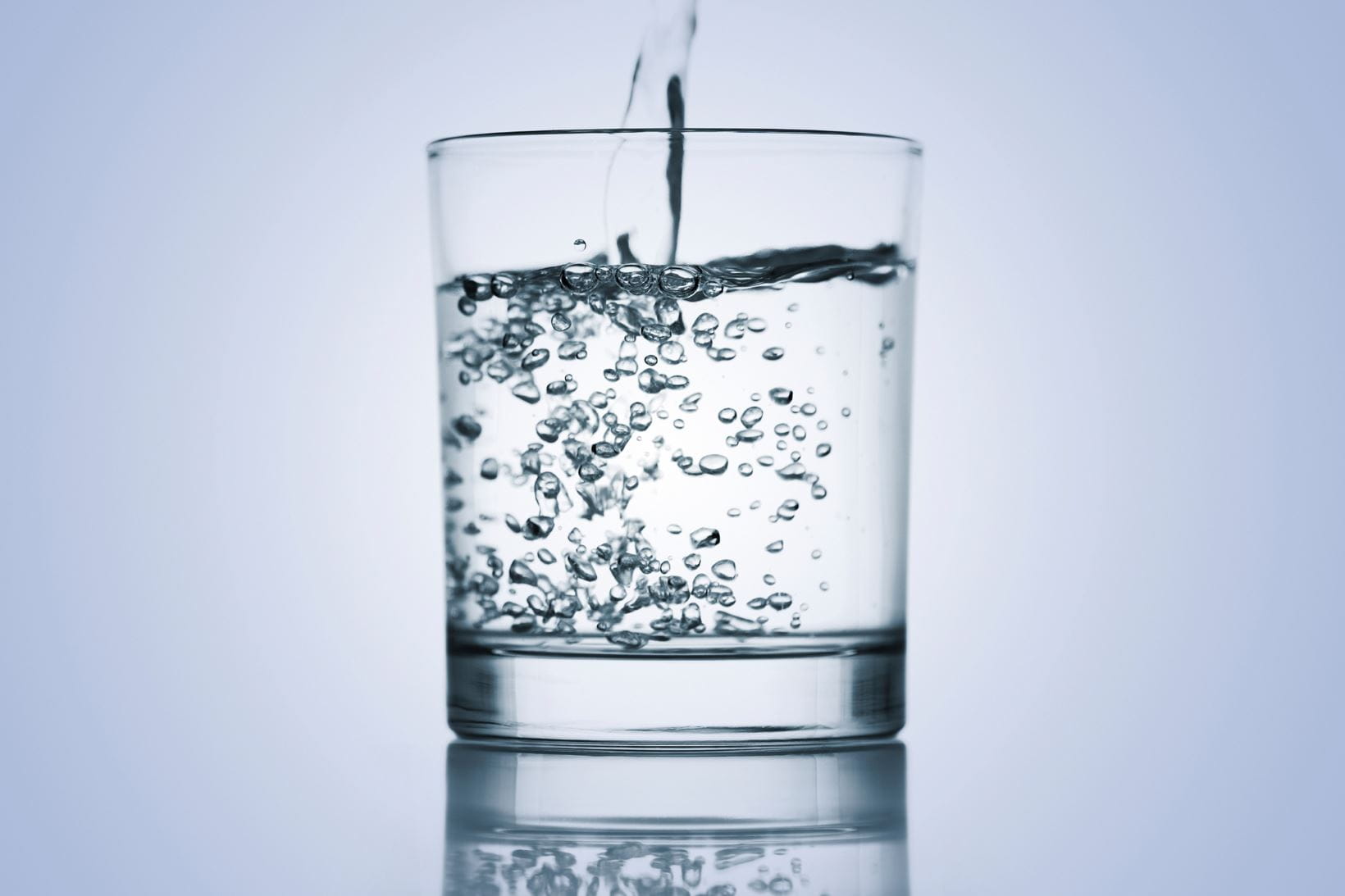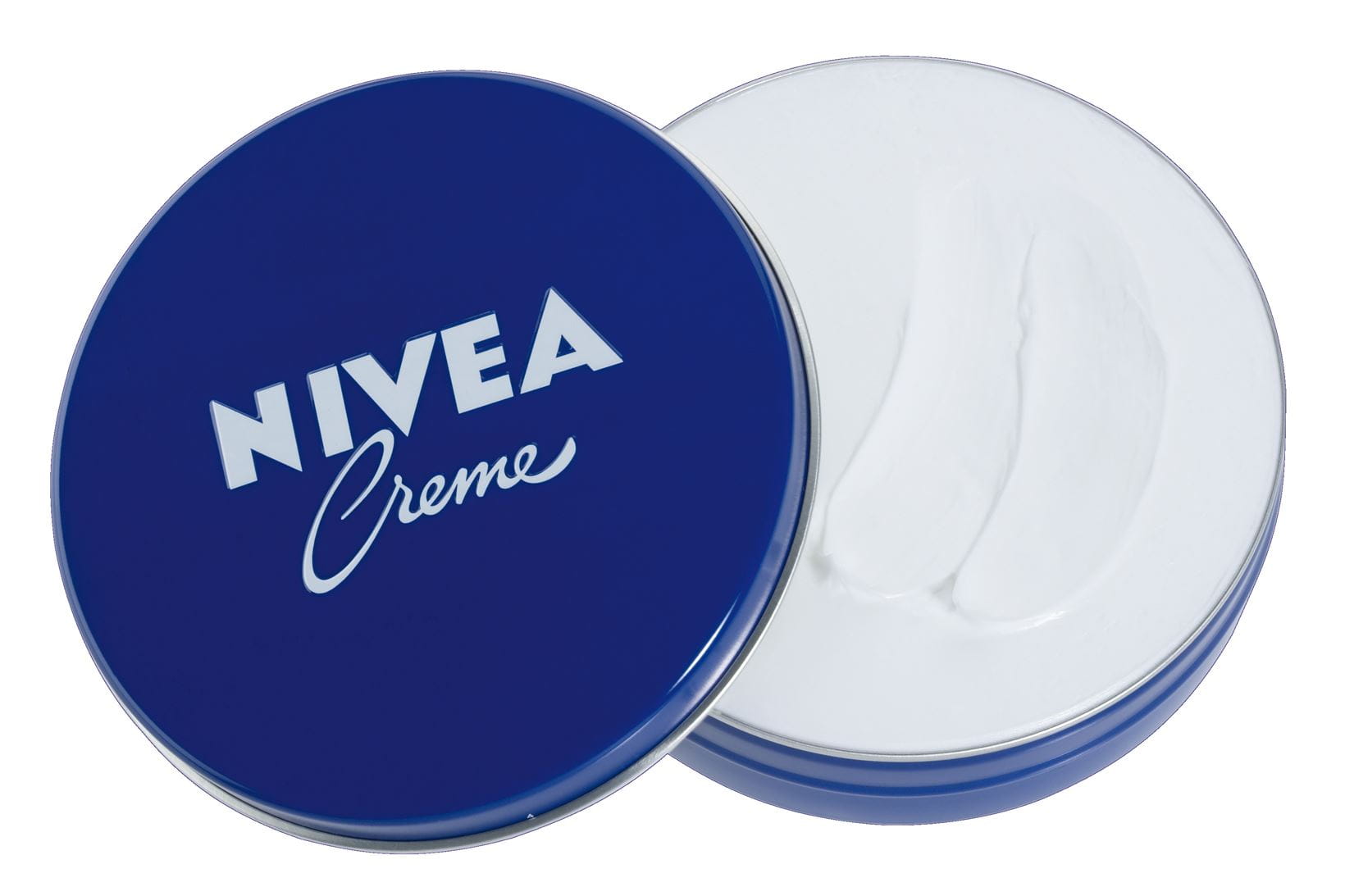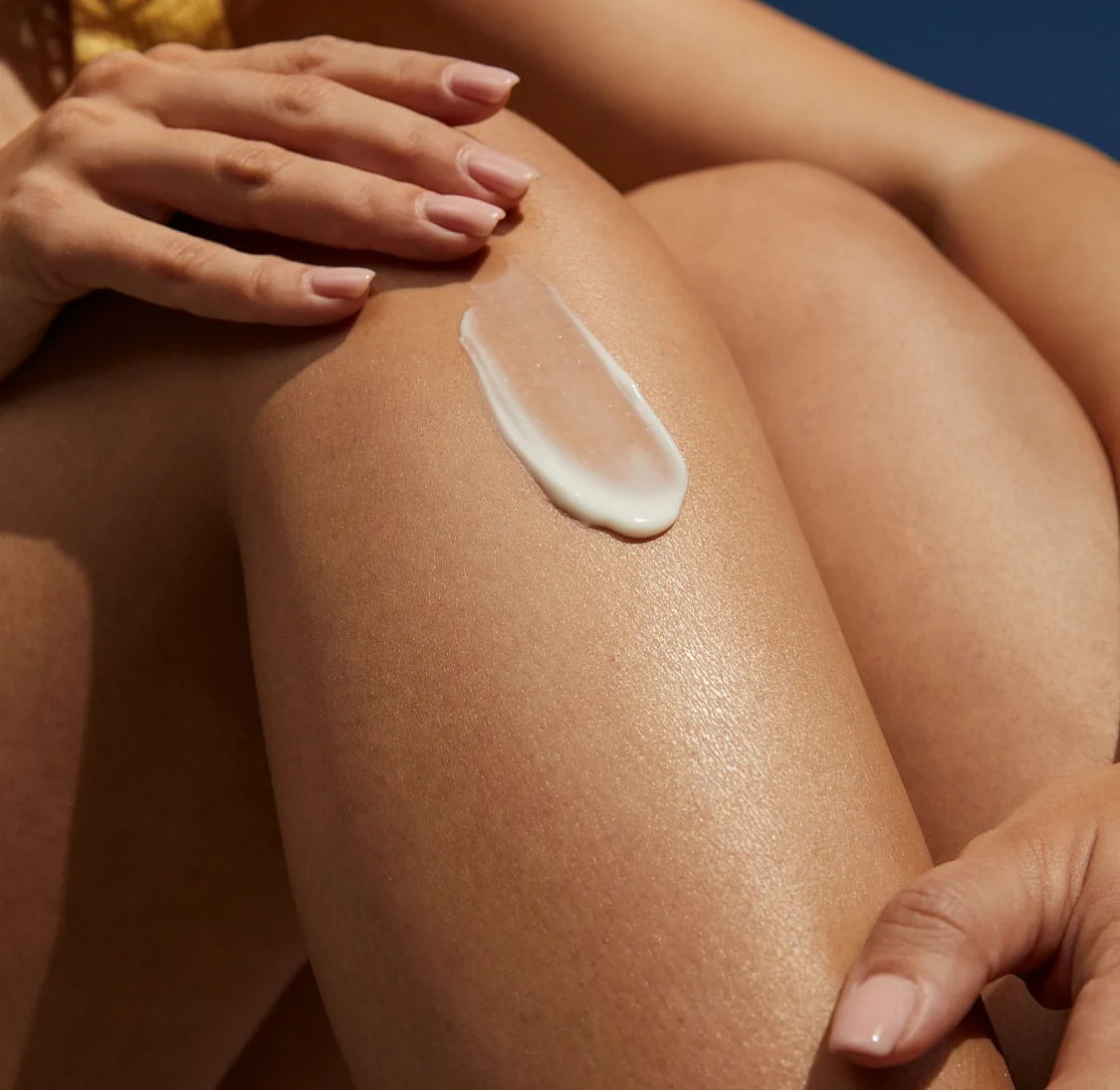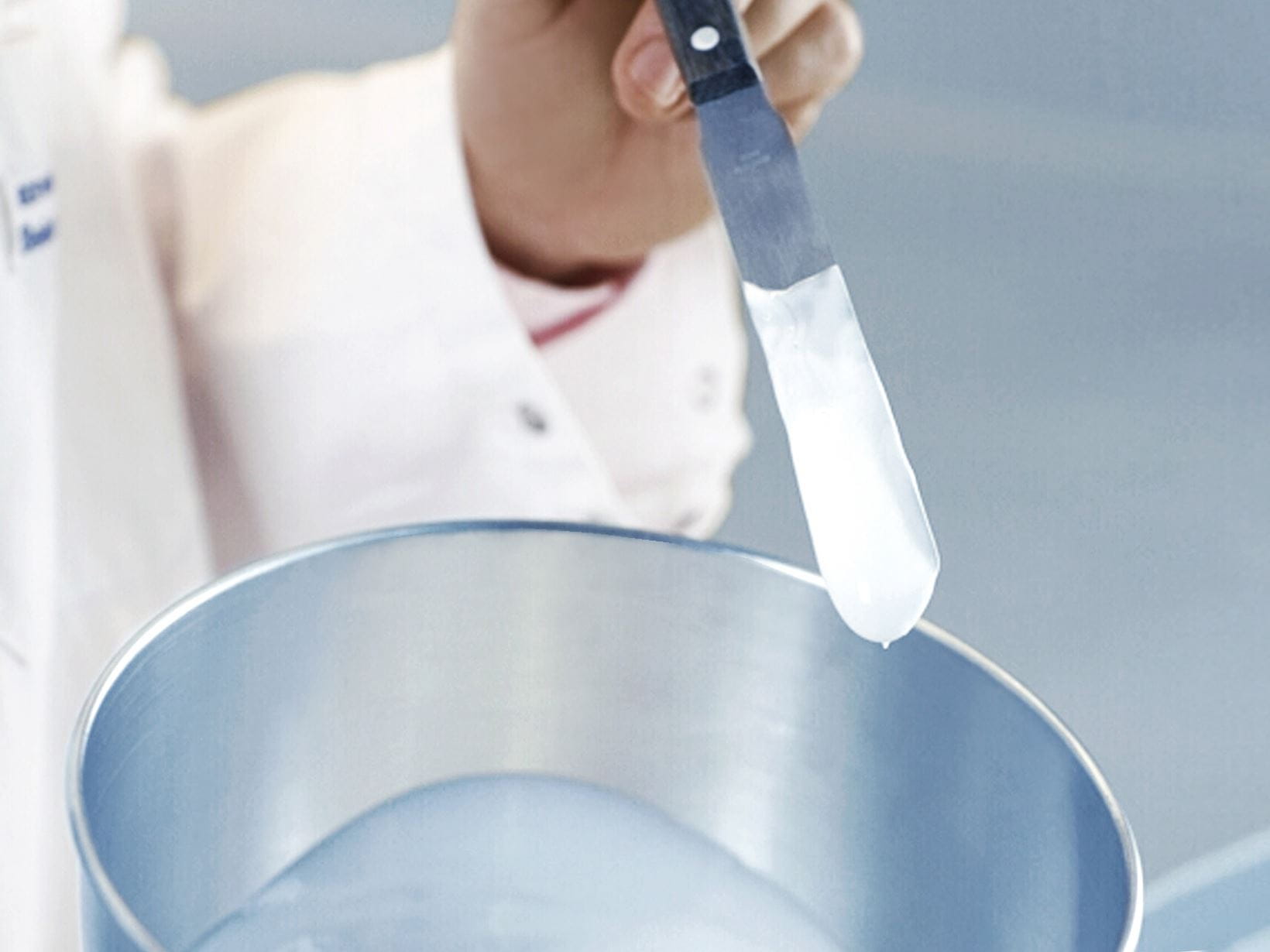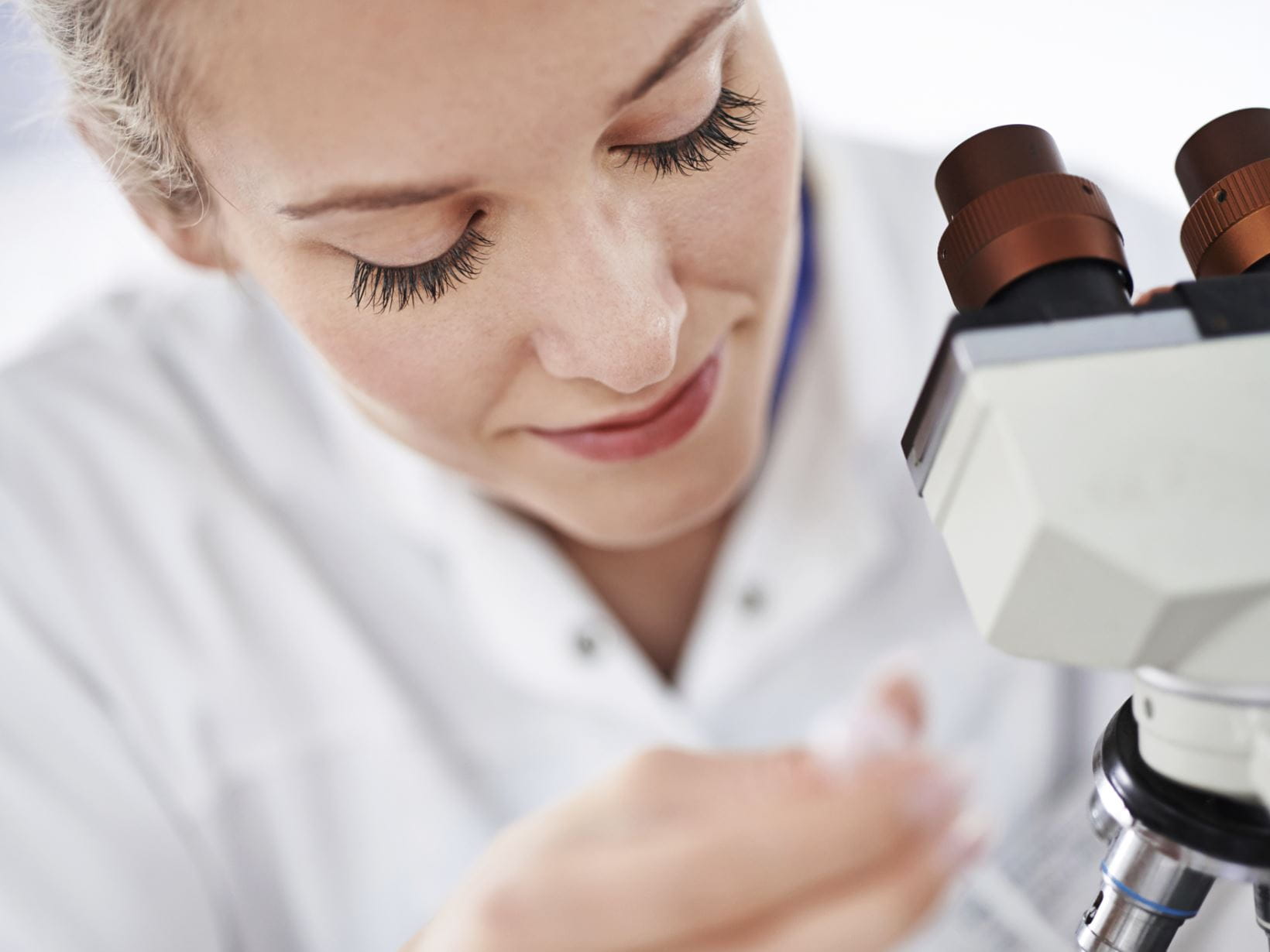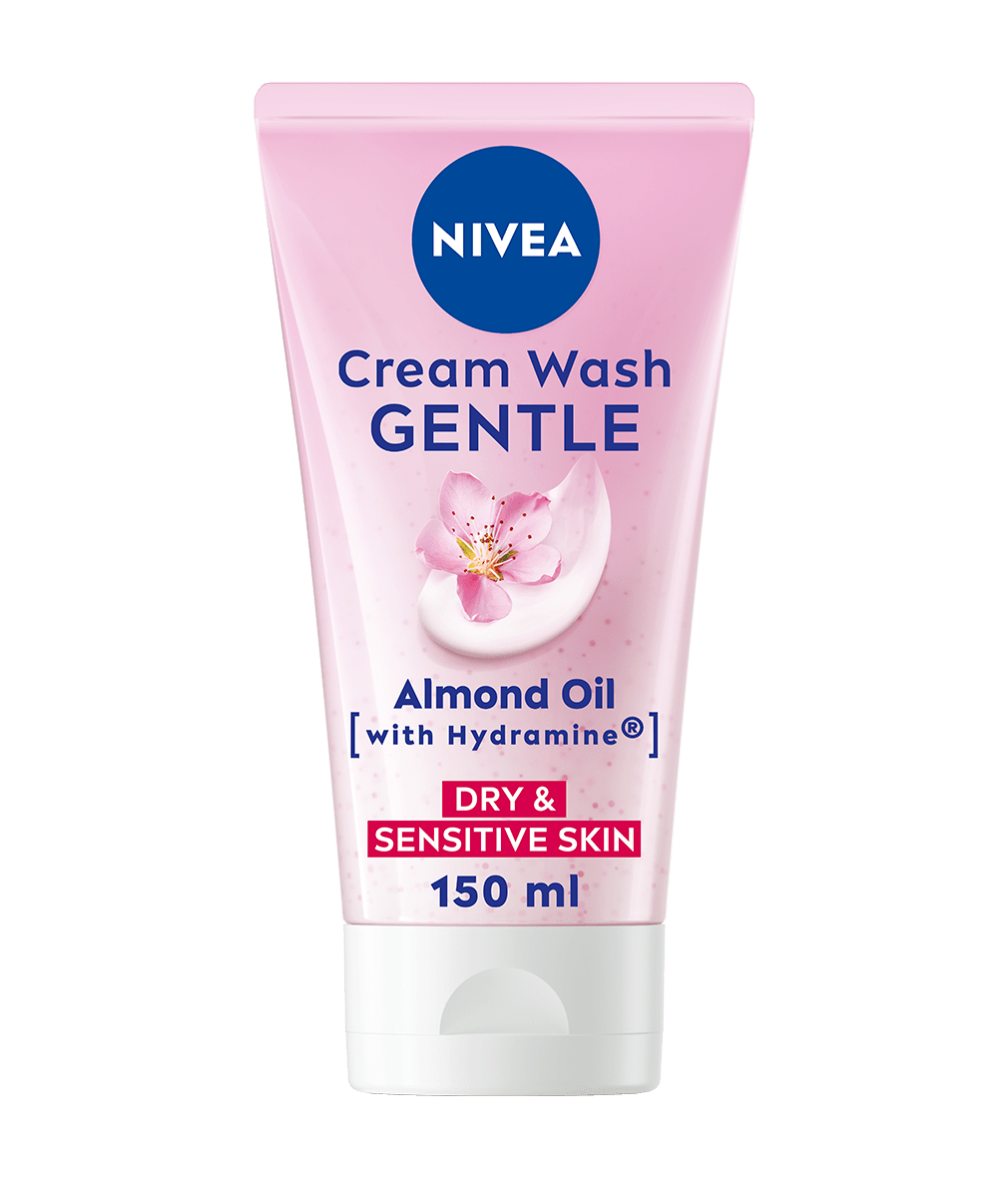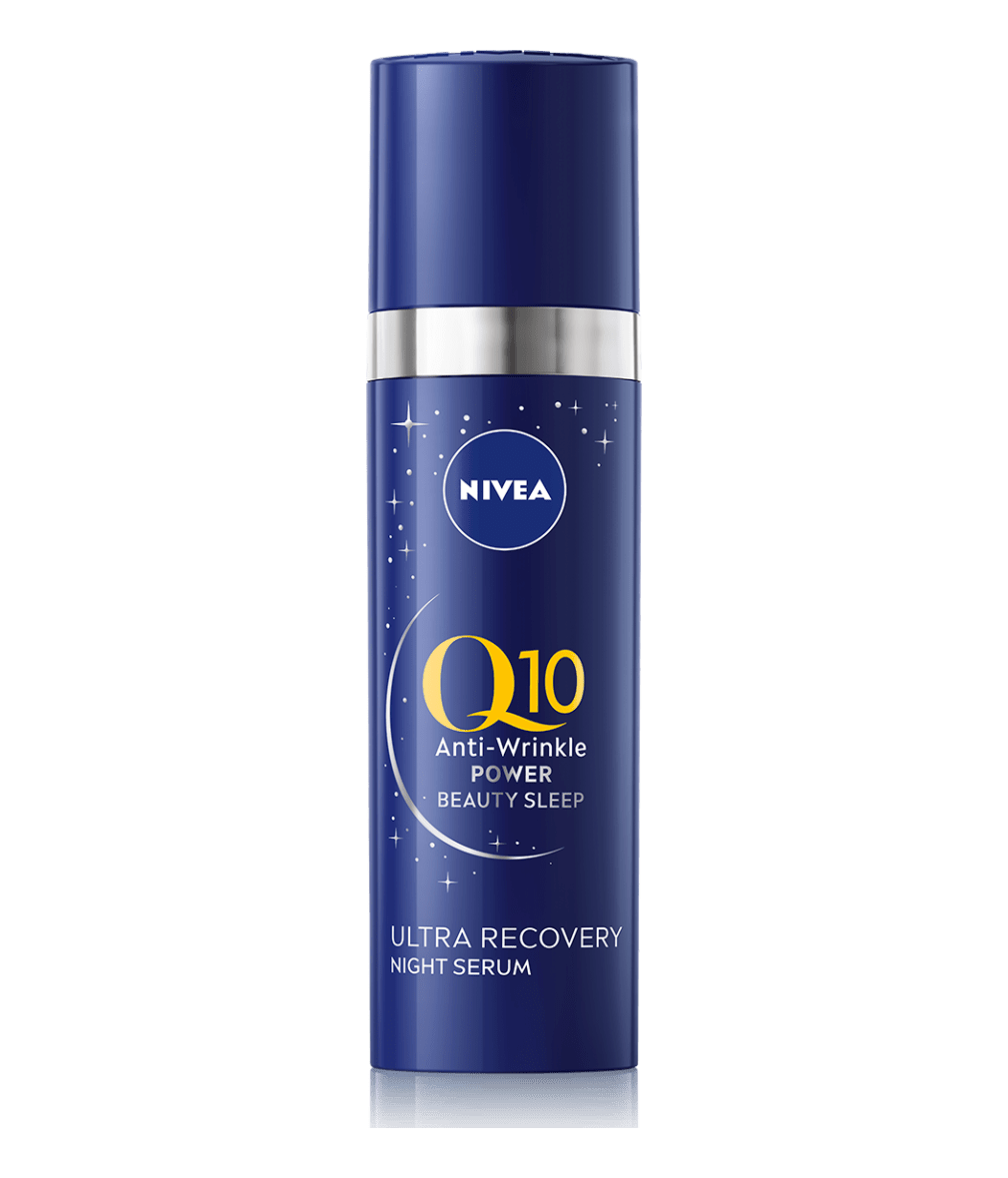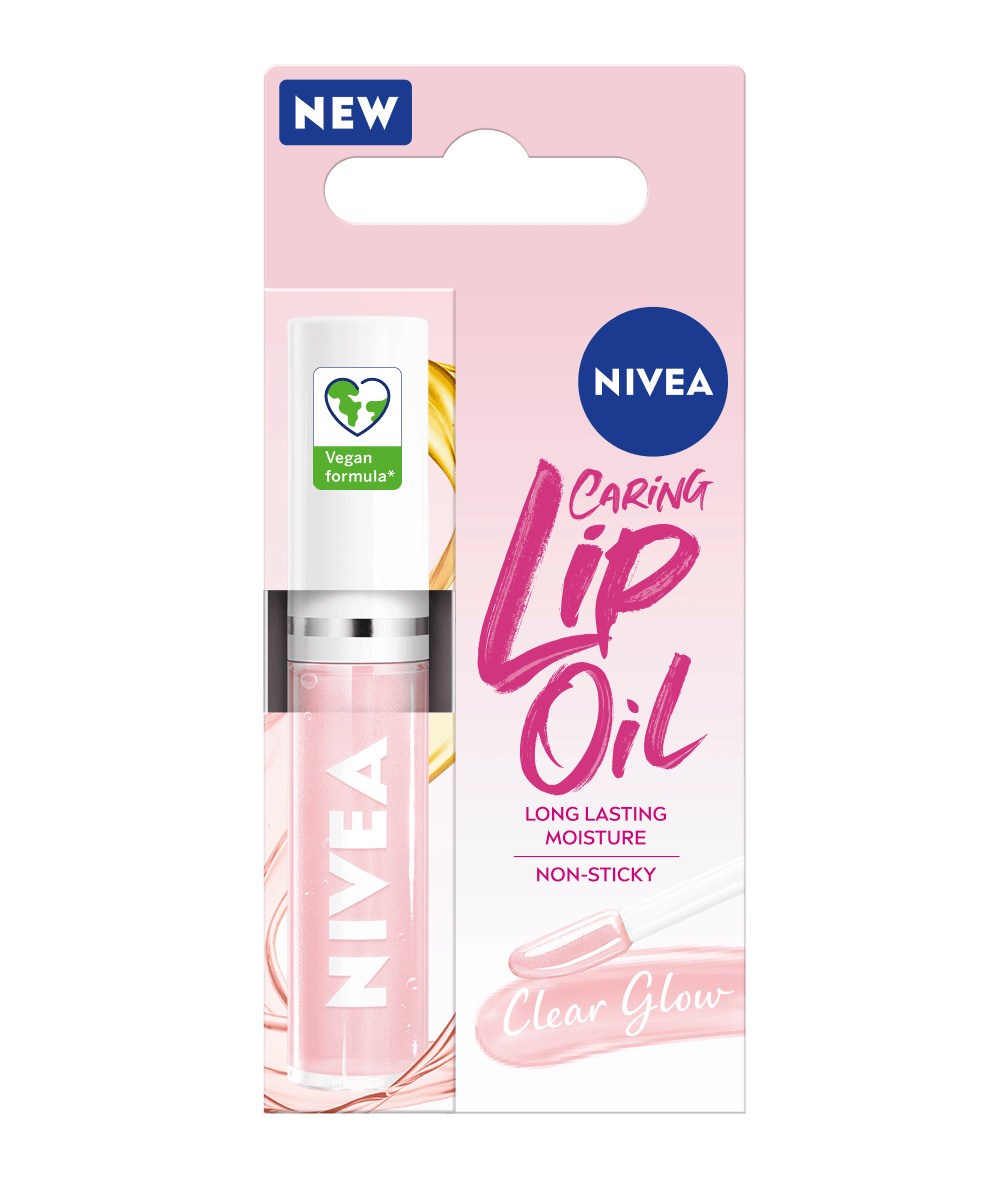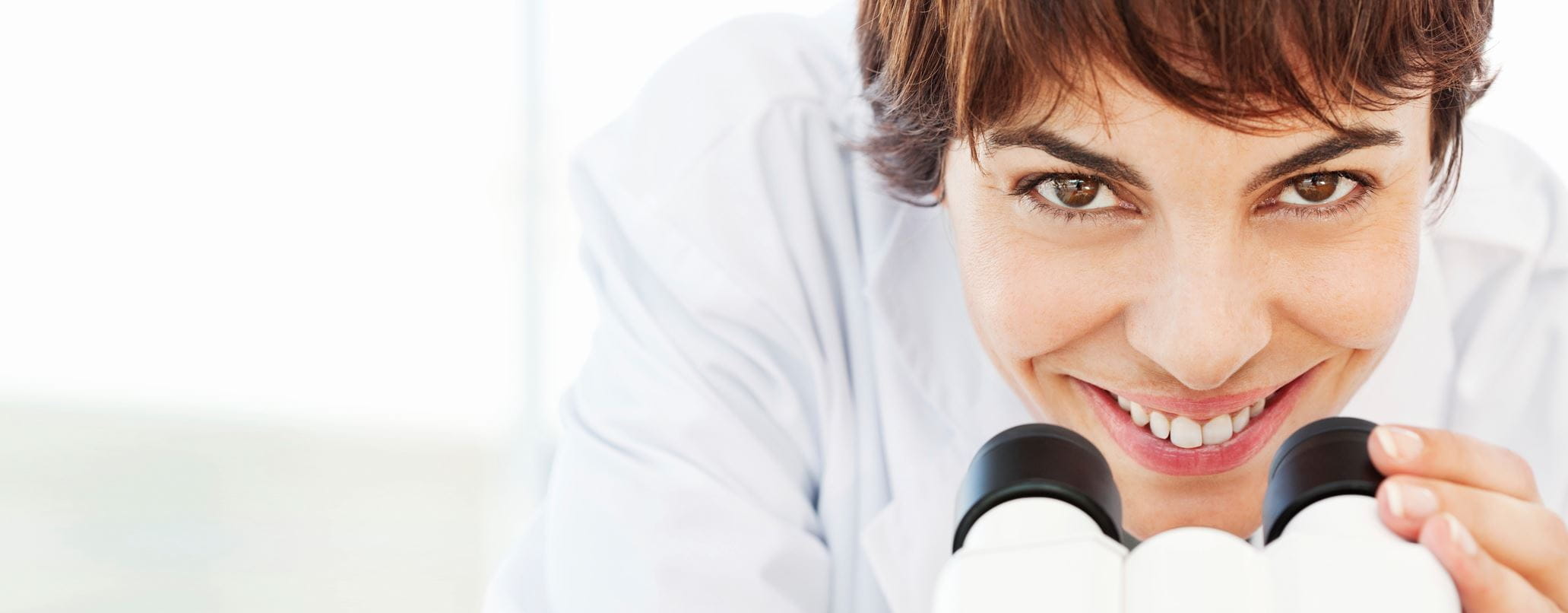
Parabens In Cosmetics: WHAT ROLE DO THEY PLAY
You store your day cream in a warm bathroom. You bring your sun lotion to the beach. And you use your shower gel for several months after opening it. So that your creams, lotions and gels don't have to be stored in the refrigerator - most cosmetic products contain preservatives.
Parabens protect and are well-tolerated
Parabens are safe and tolerable preservatives that play an important role.
Find out more about the background here.
